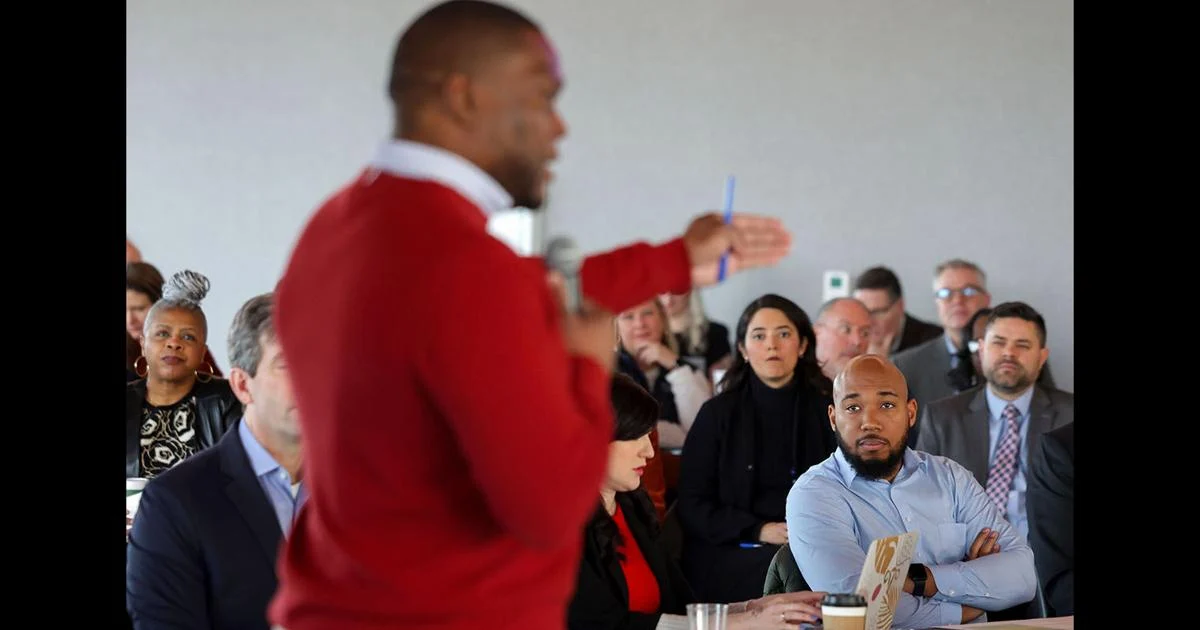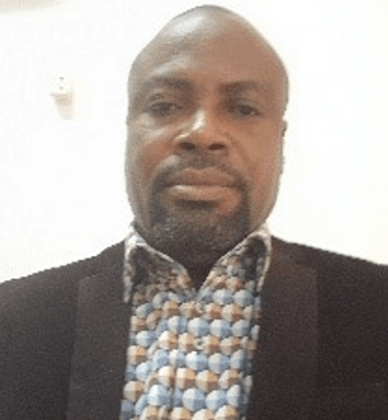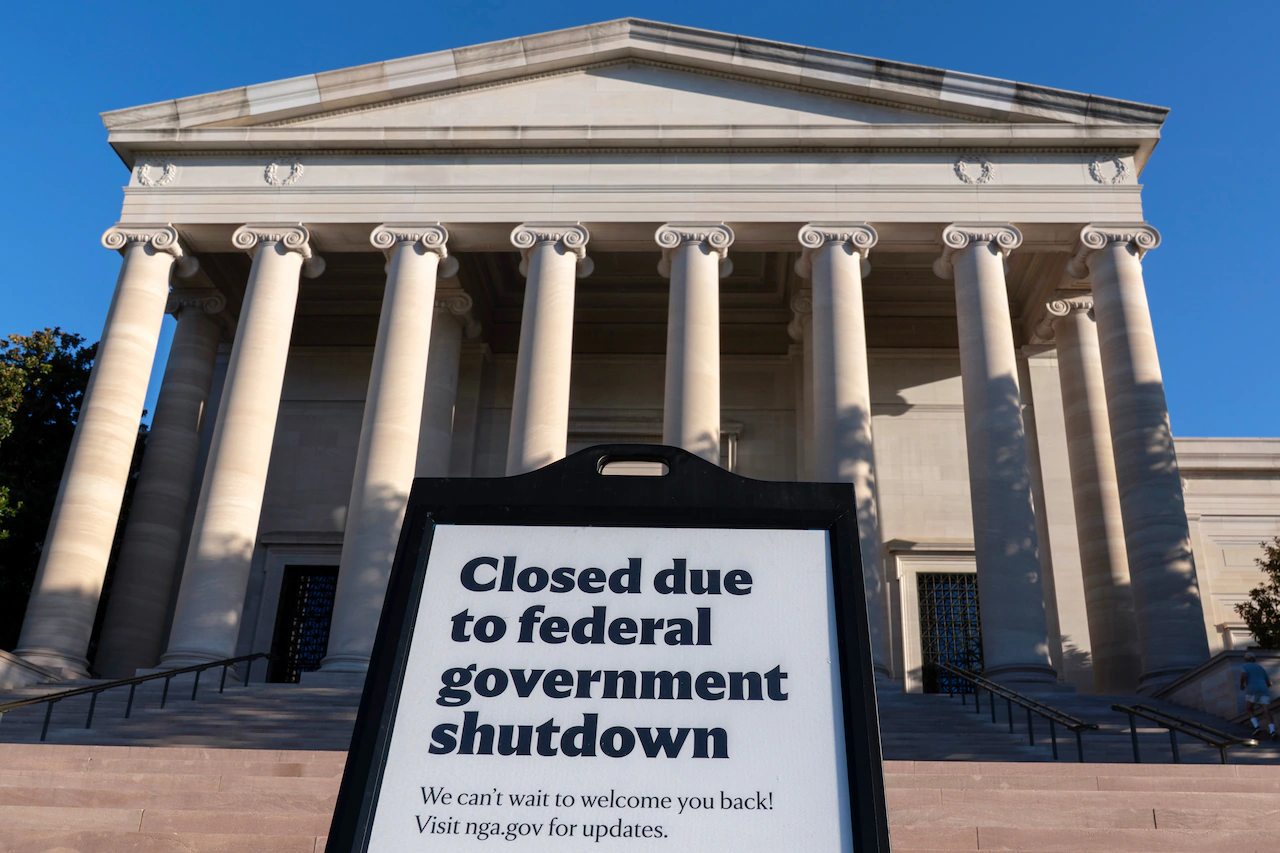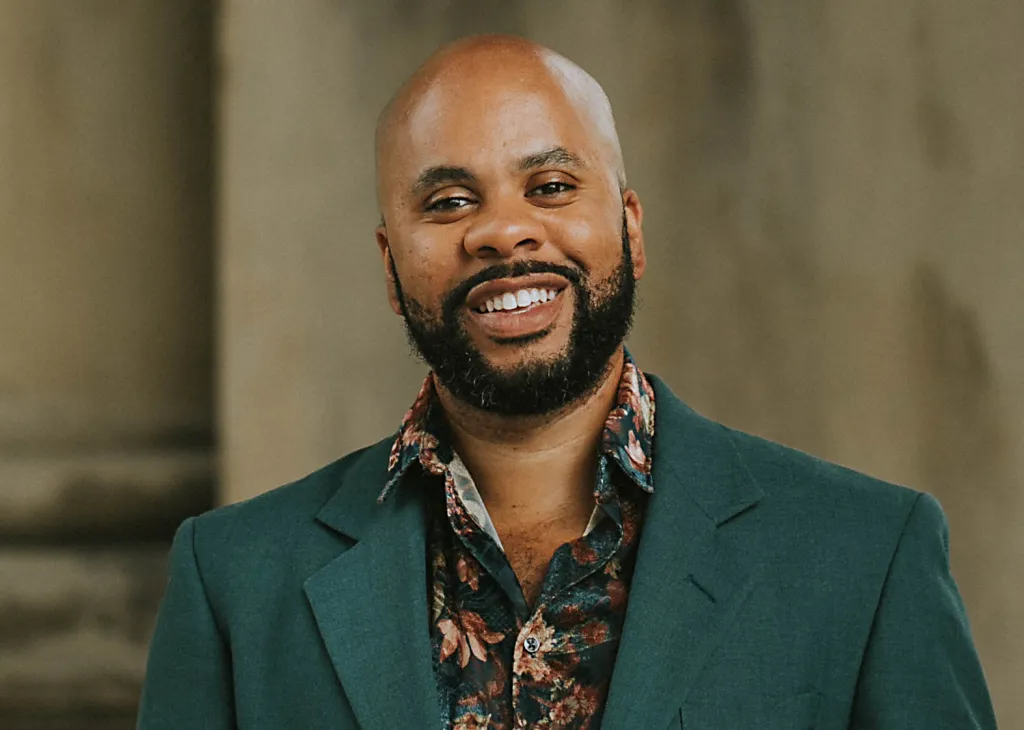Copyright Los Angeles Times

Joy Miedecke, who runs the largest Republican club in the Coachella Valley, handed out scores of “No on Prop. 50” lawn signs before election day. But Tuesday morning, she knew the ballot measure would fail. Proposition 50, Gov. Gavin Newsom’s plan to challenge President Trump, easily passed last week. The ballot measure, created to level the playing field with Republican gerrymandering efforts in Texas and other GOP states, reconfigured California congressional districts to favor Democrats as they try to take back the U.S. House of Representatives in next year’s midterms. As a consequence, Coachella Valley’s Republicans could soon be represented by anti-Trump Democrats in Washington. California Republicans, far outnumbered by those on the left, for years have felt ignored in a state where Democrats reign, and the passage of Proposition 50 only adds to the sense of political hopelessness. “The Democrats get their way because we don’t have enough people,” said Miedecke, of her party’s struggles in California. Bordered by the San Jacinto and Santa Rosa mountains, the desert basin has long been a magnet for conservative retirees and vacationers, including former Republican presidents. The local hospital is named after President Eisenhower. President Ford enjoyed the many emerald golf courses in his later years and his wife, former first lady Betty Ford, founded her namesake addiction treatment center in the desert valley. Voters in Indian Wells, parts of La Quinta and Cahuilla Hills backed Trump in the 2024 presidential election. Under Prop. 50, some or all of those areas will move to a congressional district led by Democrat Raul Ruiz, an emergency room physician raised in the Coachella Valley, or join with left-leaning San Diego County suburbs in a new meandering district specifically crafted to favor Democratic candidates. “The party is at the bottom,” said Miedecke, 80. “It’s at the very bottom. We have nowhere to go but up.” Sitting in her club’s retail store on Wednesday, Miedecke blamed the California Republican Party and its allies, saying they failed to raise enough money to blunt Prop. 50’s anti-Trump message. A life-sized cardboard cutout of California Republican gubernatorial candidate and Riverside County Sheriff Chad Bianco stood near stacks of red MAGA hats and “Alligator Alcatraz” T-shirts. A President Reagan cardboard cutout also greeted visitors. Republican voters in the Coachella Valley spent the days after the Nov. 4 special election criticizing the Republican Party and California’s Democratic leadership. In Facebook chat groups, in bars and on neighborhood walks, locals weighed in on the new congressional district lines and the proxy battle between Trump and Newsom. On Wednesday, gleaming Lincoln Navigators and Cadillac Escalades cruised down a main drag, past tidy green lawns before disappearing into residential communities hidden behind sand-colored gates. Kay Hillery, 89, who lives in an Indian Wells neighborhood known for its architecturally significant Midcentury Modern homes, is bracing for more bad news. She anticipates that GOP congressional candidates will have a harder time raising money because the new districts marginalize Republicans. “I am ashamed of the Republicans for not getting out the vote,” said Hillery, who moved to the desert from Arcadia in 1989. Voters who backed Prop. 50, however, were reenergized. “It’s important to take a position when we need to, and we needed to take a position as a state,” said Linda Blank, president of the Indian Wells Preservation Foundation. Indian Wells is best known for its premiere tennis tournament, top-level golf courses and palm tree-lined roadways. Eisenhower, who lived in Indian Wells part time, is memorialized with a statue outside City Hall. The heavily Republican city for years hosted the state’s Republican Party convention and donor retreats organized by right-wing libertarians David and Charles Koch. (David Koch died in 2019.) Following Tuesday’s election, Indian Wells will lose its Republican representative, Ken Calvert, and become part of the newly drawn district that reaches into San Diego County. That area is represented by Rep. Darrell Issa (R-Bonsall), but Democrats are trying to oust him by extending his district into bluer neighborhoods. A major portion of the Riverside County desert region once was represented by Rep. Sonny Bono, the singer, who was a Republican. After he was killed in a ski accident in 1998, his wife, Mary Bono, also a Republican, ran for his seat and served in Congress until 2013. The Coachella Valley is now a political patchwork, home also to the Democratic havens of Palm Springs and Cathedral City and divided towns of Rancho Mirage and Palm Desert. Today, the region is split into congressional districts held by Calvert, a Republican who lives in far-off Corona, and Democrat Ruiz. Calvert announced last week that he’ll run in a new district in Orange and Riverside counties. The good news for Calvert is that it’s a heavily Republican district. The bad news is Republican Rep. Young Kim of Anaheim Hills is also running in that district. Calvert, in an emailed statement, blamed Newsom for disenfranchising Republicans throughout California — who account for 5.7 million of the 22.9 million voters in the state. “Conservatives deserve to have their voices heard, not be drowned out by partisan moves to advance a one-sided political agenda,” said Calvert. His office didn’t respond when asked about the congressman’s views on Texas’ redistricting actions. Indian Wells Mayor Bruce Whitman said Calvert was instrumental in directing millions of dollars to a wash project that will help development. In nearby liberal Palm Springs, city leaders passed a resolution supporting immigrants and celebrated an all-LGBTQ+ city council in 2017. Indian Wells’ political leadership remains apolitical, Whitman said. “National issues like sanctuary city resolutions, or resolutions supporting Israel or Palestinians — it’s just not our thing,” he said. At the Nest bar in Indian Wells, tourists from Canada and Oregon on Wednesday night mingled with silver-haired locals. As Michael Jackson’s “Billie Jean” played, 60-something resident John — who declined to give his last name— predicted the redistricting wars would end as a “wash” between California and Texas. “It’s just a game,” he said, sounding dismissive. Dan Schnur, who teaches political communications at USC and UC Berkeley, sees another outcome. Taking away congressional representation from the party’s last remaining conservative bastions leaves the party even less relevant, he said. The California Republican Party hasn’t done meaningful statewide work since then-Gov. Arnold Schwarzenegger left office, Schnur said. “They decided many years ago that they just weren’t going to engage seriously in state politics anymore,” said Schnur. “If you’re a California Republican, you focus on national politics and you work on local races.” In 2007, then-Gov. Schwarzenegger spoke at a GOP state party convention in Indian Wells and warned his fellow Republicans that they needed to pivot to the political center and attract more moderates. Schwarzenegger drew a parallel to the film industry, telling the convention crowd: “We are dying at the box office. We are not filling the seats.” The former governor opposed Prop. 50, but limited his involvement with Republicans in the campaign to defeat the measure. Indian Wells resident Peter Rammer, 69, a retired tech executive, described himself as a Republican who didn’t always vote along party lines. He is increasingly frustrated with Democrats’ handling of homelessness in California. He voted against Prop. 50, but predicted the Democratic wins in New Jersey and Virginia would force the Republican Party to pay more attention to regional issues. “I’m just not happy with how everything is going on the country right now,” said Rammer, standing outside Indian Wells City Hall. “There’s just so much turmoil, it’s crazy. But Trump — the guy I voted for — causes a lot of it.” Back in Palm Desert, Republican club president Miedecke was focused on the next campaign: Getting the word out about a ballot measure by Assemblymember Carl DeMaio (R-San Diego).



